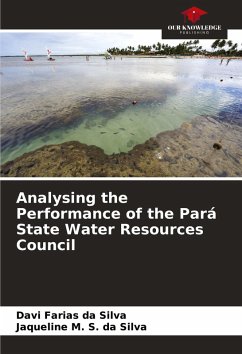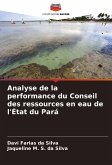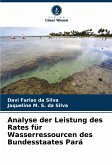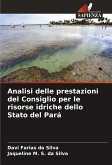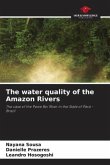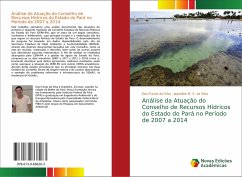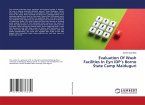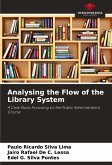This paper presents a documentary analysis of the actions of the first and second terms of office of the Pará State Water Resources Council (CERH-PA), which is an advisory, normative and deliberative body whose main function is to draw up the laws governing water resources in the state of Pará. The research was based on data made available on the website of the State Secretariat for the Environment and Sustainability (SEMAS), through the various documents released by this Council, such as meeting minutes, resolutions and decrees, as well as other authors who have addressed related issues. In order to analyse the results achieved by CERH-PA and water management in the state of Pará, the two terms of office (2007 to 2011 and 2012 to 2014) were compared with each other, in an attempt to find out which one had the best results, as well as to ascertain the situation of CERH-PA with other Amazonian CERHs. This study revealed that the main obstacles in the Council's two administrations were of an internal and operational nature, such as problems with SEMAS's infrastructure, changes in management...
Bitte wählen Sie Ihr Anliegen aus.
Rechnungen
Retourenschein anfordern
Bestellstatus
Storno

